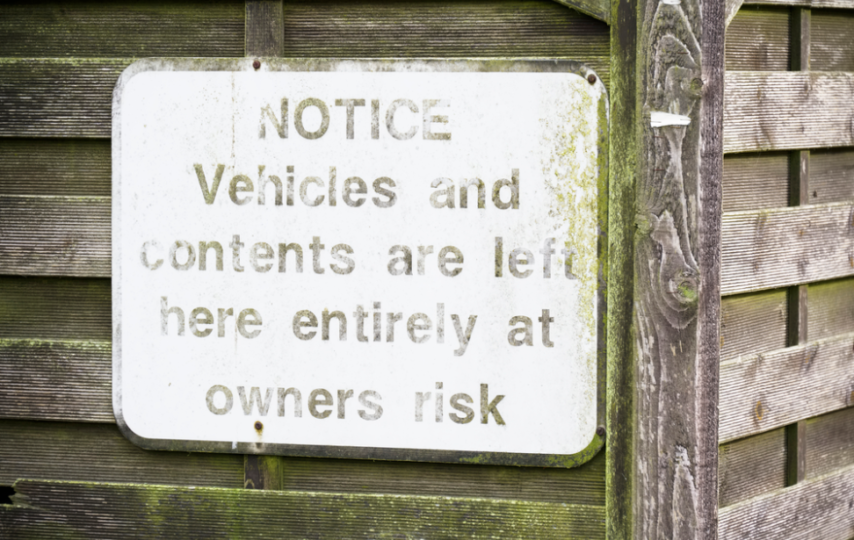If you slip and fall on someone else’s property, then you can hold the landowner accountable for your injuries. Other issues you can hold them accountable for include animal bites, swimming pool accidents, accidents caused by poor land quality, and more. Your premises liability lawyer can go over your situation with you in detail, and we’ve provided a few frequently asked questions below to get you started.
Ask a Premises Liability Lawyer: 8 Frequently Asked Questions
1. Do I Need a Premises Liability Attorney?
It’s best if you work with a premises liability attorney if you’ve been injured or assaulted on someone’s property. Your attorney can help you build a case and understand your rights. Your attorney will also be better at negotiating with an insurance company than you will. Lastly, if your case goes to court, then your attorney can step into the courtroom and defend you.
Please avoid attempting to resolve this case on your own, as you may end up with a lower settlement than you’re entitled to. It’s worth consulting an attorney and claiming damages. If you’re worried it’ll cost too much to consult an attorney, then be aware you won’t pay for legal aid unless you win your case. You’ll pay a contingency fee after you win, instead.
2. When It Comes to Duty of Care, Who Is Liable?
The property owner, business owner, or landlord is liable for duty of care, generally. However, this can be a little different if it’s an establishment or premises that should have a security guard working there.
If a property owner knowingly employs a negligent security guard, or doesn’t employ a security guard at all, then once again it’s the landlord, property owner, or business owner that has the duty of care. This makes them liable for any injuries that occur on their premises due to a lack of adequate security.
3. Can I Sue a Property Owner or Business If I’m Assaulted on the Premises?
It’s not just accidents that count as personal injury when they occur on someone else’s premises. Assaults of all kinds can also count as you being injured on the premises. Your attorney can advise you further here, but you can sue the person who assaulted you. This would be a personal injury claim. Whether or not you can sue the property owner, business owner, or landlord varies by circumstances.
4. How Long Do I Have To File a Premises Liability Lawsuit?
The statute of limitations in Texas states you must file your premises liability lawsuit within two years of it occurring. Your entire case must be filed and settled within this time. This is why you must start working with experienced premises liability lawyers in Houston as soon as possible after your injury occurs.
5. What’s the Difference Between Personal and Premises Liability?
There are two main liability cases you may run into when filing a claim after an injury. In a premises liability case, then the property or business owner or the landowner can be responsible if your injury was caused by negligence regarding the premises. For example, if you slipped and fell in a store or tripped over a pothole on someone’s land.
If you were attacked on the premises, then you may have a personal liability case on your hands. This can extend to being a premises liability case if the attack could’ve been avoided by adequate security on the site.
6. Is There a Difference Between a Slip and Fall Case and a Premises Liability Case?
You’ll often hear people talking about a “slip and fall” case. This is a form of premises liability claim. It’s by far the most common kind of process liability case you come up against. It usually occurs in a business if there’s a wet floor but no sign.
In short, there’s no difference between a slip and fall case and a premises liability case. “Premises liability” is an umbrella term that covers a range of different accidents.
7. What Evidence Do I Need To Build My Premises Liability Case?
There’s a lot of variance in these cases, but most of the time you need to prove your injuries as well as the negligence that caused them. For example, CCTV footage in a business may show you fell when there was no wet floor sign.
Photographs and videos of potholes on someone’s property can show evidence of this type of negligence. A lack of employment records for security guards may count as evidence if you were assaulted based on a lack of security on someone’s premises.
8. What Damages Can I Receive?
You can receive damages that cover lost expenses such as medical fees and time off work. Future medical costs due to further sick days, a permanent injury or disability, or PTSD from an assault, can also be awarded.
Unfortunately, premises liability cases are common, particularly regarding slips and falls. However, if you work with an experienced premises liability attorney, then you can claim for damages and get your case settled in good time.













